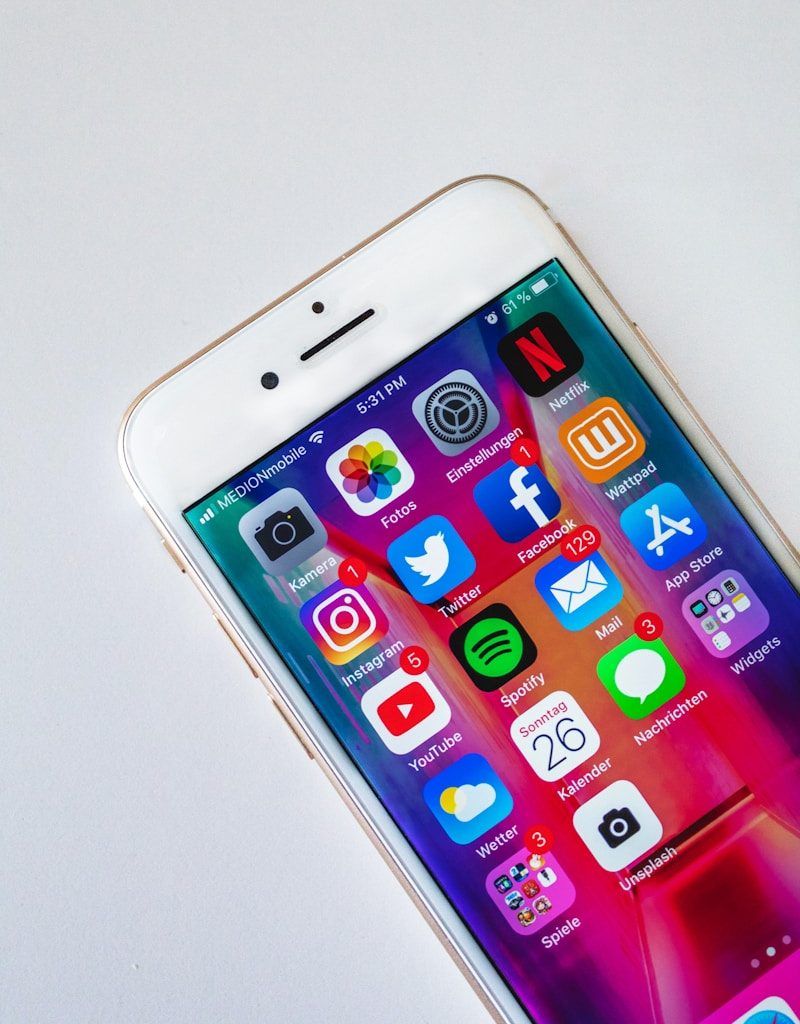Streaming music has become second nature to many of us. But if you’re like most Spotify users, you’ve probably wondered: does Spotify count streams on repeat? Let’s dive into the details of how Spotify tracks streams, whether replaying a song affects its count, and what it means for artists and fans alike. Spoiler alert: the answer might surprise you!
What Counts as a Stream on Spotify?
First, it’s important to understand how Spotify defines a stream. Spotify considers a song “streamed” when it has been played for at least 30 seconds. Yes, just 30 seconds! If you’re replaying your favorite track over and over again, Spotify’s algorithm registers each of those plays as individual streams—as long as they meet this time requirement.
That’s great news for superfans who can’t get enough of a particular song. However, there are nuances to how Spotify’s algorithms track and validate streams to ensure fairness and accuracy.
Does Spotify Count Streams on Repeat?
The short answer is yes, but there’s more to the story. Spotify does count streams on repeat, as long as the song plays for at least 30 seconds each time. This means you could play a song on loop all day, and every valid replay will count as a separate stream.
However, Spotify’s algorithms are designed to detect unusual activity, such as someone repeatedly streaming a song in a way that seems automated or unnatural. If the system suspects foul play, those streams might be flagged and excluded from the official count.
Why Does Spotify Allow Repeat Streams?
Streaming platforms like Spotify aim to reflect genuine listener behavior. People often replay songs they love, whether it’s a catchy pop hit, a soothing instrumental, or an emotionally resonant ballad. Counting streams on repeat acknowledges this natural listening habit.
For artists, repeat streams can have a significant impact. More streams mean:
- Higher chart rankings
- Increased royalties
- Greater visibility on curated playlists
However, it’s essential to note that while Spotify values authentic engagement, it actively discourages manipulative practices, such as artificial streaming farms or bots.
How Does Spotify Detect Artificial Streaming?
Spotify uses advanced algorithms and data analysis to identify suspicious streaming patterns. Some red flags include:
- High Volume of Repeat Plays from One Account: If an account plays a single track hundreds or thousands of times in a short period, Spotify may question the legitimacy of those streams.
- Automated Tools or Bots: Using software to inflate stream counts violates Spotify’s terms of service and can lead to penalties, including removal of the song from the platform.
- Inconsistent Listening Habits: Atypical behavior, like streaming one song exclusively without any variation, might trigger Spotify’s scrutiny.
These measures help ensure that every stream is genuine and that artists are rewarded fairly.
Tips for Boosting Streams Authentically
If you’re an artist or just a fan who wants to support your favorite musician, here are some legitimate ways to boost streams:
- Create Playlists: Add the song to multiple playlists and share them with friends.
- Encourage Organic Sharing: Ask fans to share the track on social media or with their followers.
- Engage with Fans: Use platforms like Instagram, Twitter, or TikTok to promote the song creatively.
- Collaborate with Influencers: Partner with influencers to introduce the track to new audiences.
Remember, while Spotify counts streams on repeat, organic and diverse engagement always has a more sustainable impact.
What Does This Mean for Fans?
As a fan, you can rest assured that replaying your favorite tracks helps your beloved artists. Whether you’re jamming to the same song during your morning workout or looping a chill tune while studying, those streams add up. Just make sure your listening habits are natural, as Spotify’s system is smart enough to weed out anything suspicious.
How Does This Affect Artists?
For artists, knowing that repeat streams count can be both motivating and reassuring. It’s a testament to the connection they’ve made with their audience. But it also places a responsibility on them to promote their music authentically and avoid practices that could jeopardize their standing on the platform.
Artists who build a loyal fanbase often see the most success. So while repeat streams help, creating quality music that resonates with listeners is always the ultimate goal.
Closing Thoughts
In conclusion, Spotify does count streams on repeat, as long as the song plays for at least 30 seconds. While repeat streams can benefit artists, it’s crucial for both fans and creators to engage authentically. By understanding Spotify’s streaming policies, we can all contribute to a more transparent and fair music industry.
Related Articles:
For further reading, explore these related articles:
- How to Cancel SoundCloud Go: A Step-by-Step Guide
- Apple Music Stats Tracker: Why You Need One and How to Get Started
For additional resources on music marketing and distribution, visit DMT Records Private Limited.






